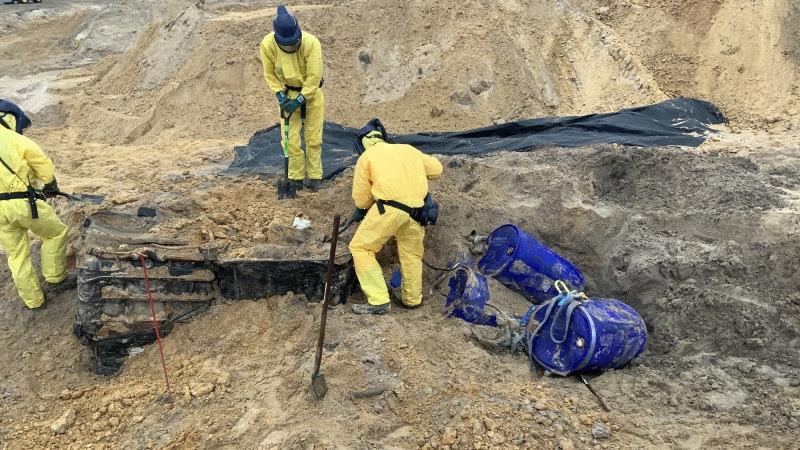Omicron: Dr Hopkins discusses AstraZeneca's protection
We use your sign-up to provide content in ways you’ve consented to and to improve our understanding of you. This may include adverts from us and 3rd parties based on our understanding. You can unsubscribe at any time. More info
The praise comes from Dr Clive Dix, former chairman of the Vaccine Task Force. He believes the AstraZeneca jabs offered more robust, long-term protection against severe disease and death than RNA-based alternatives made by Pfizer and Moderna. It comes as the UK’s death rate from the new variant has remained relatively flat despite a rise in cases.
Many other European countries are not seeing the same trend, with deaths appearing to steadily increased.
Figures from Our World in Data, a website run by the University of Oxford, shows the UK has 1.7 daily deaths from Covid per million people.
In comparison, the EU as a whole has almost four.
Dr Dix told the Telegraph: “If you look across Europe, with the rise in cases, there’s also a corresponding lagged rise in deaths, but not in the UK, and we have to understand that.


“I personally believe that’s because most of our vulnerable people were given the AstraZeneca vaccine.”
The expert believes the key is in the jab’s difference to Pfizer and Moderna.
He said that although the RNA jabs produce a more obvious and rapid jump in antibody levels in lab tests, other vaccines may be better at priming another part of the immune system – cellular immunity.
That includes the famous T-cells that help fight off an infection in the body.
Dr Dix added: “We’ve seen early data that the Oxford jab produces a very durable cellular response and if you’ve got a durable cellular immunity response then they can last for a long time. It can last for life in some cases.”

The only notable difference, he said, between the UK and Europe’s vaccine rollout was the approach to the AstraZeneca jab.
While Britain steamed ahead with its rollout, many in the EU were cautious – and some, including French President Emmanuel Macron, even doubted its effectiveness.
Dr Dix said there was “nothing wrong” with using Pfizer or Moderna as a booster, but alternative vaccines may be a better alternative in the long-term.
The UK has moved away from giving a primary dose of AstraZeneca after a major study showed Pfizer and Moderna to be the most effective.
But Dr Dix stressed how these lab results translate into real-world effectiveness remains to be seen.


He added: “I think we’re getting a little bit ahead of ourselves by just measuring antibodies and neutralising antibody responses in the lab as that doesn’t follow through for serious disease and death.
“If you look at all the data, there isn’t a great correlation between neutralising antibody lab results and protection from severe illness and death, they don’t seem to correlate.
“And that’s almost certainly because the cellular immune response is the important thing to stopping serious illness and death.
“I do think we’ve lost the battle with transmission. There’s no vaccine that is going to change that.
“I think we should focus on the cellular immune response, and it may just get us out of the woods.”
Source: Read Full Article


